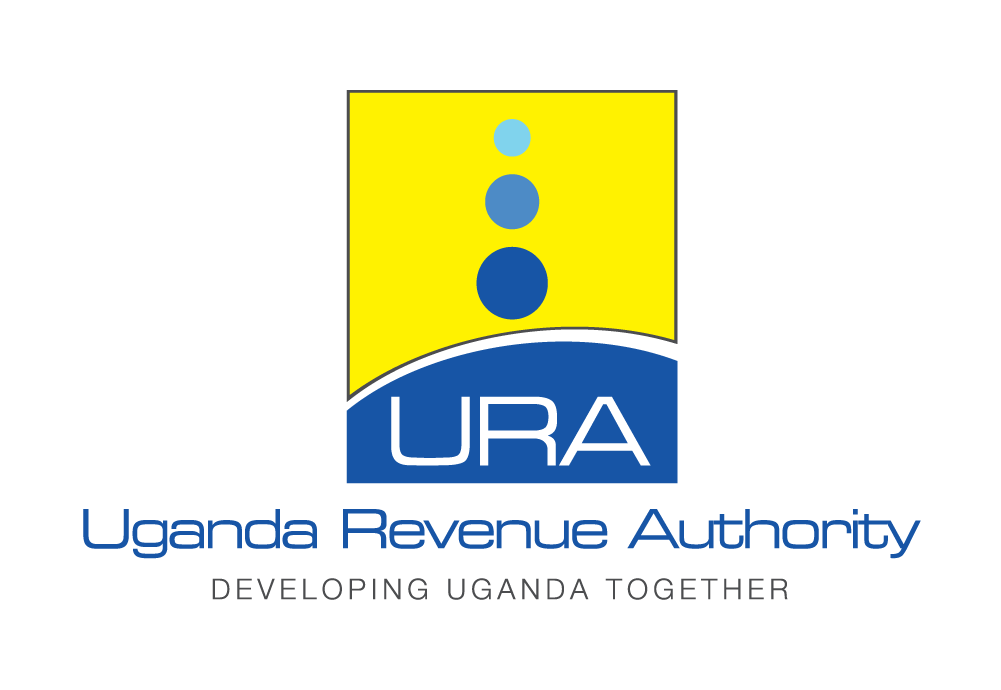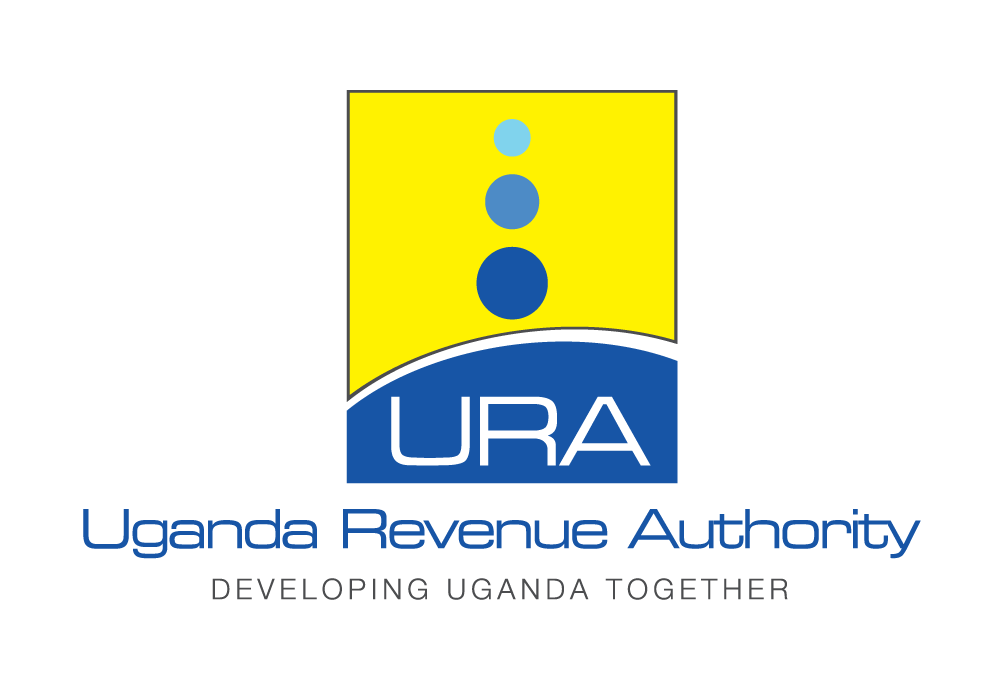- Home
- TAXATION OF CAPITAL GAINS
Taxation of Capital Gains
Capital gains are profits from the disposal of a business asset, the sale of shares, or commercial buildings. This excludes trading stock and depreciable assets.
Capital gains arise where there is a profit on disposal of non-depreciable business assets such land or buildings, as well as sale of shares and commercial buildings.
A business asset is any asset which is used or held ready for use in a business, any asset held for sale in a business and any asset of a partnership or company.
A taxpayer is treated as having disposed of an asset when the asset has been sold, exchanged, redeemed, distributed, transferred by way of gift, destroyed or lost and includes a disposal of a part of the
Capital gains or losses are taxed in the year of income in which the taxpayer realizes the gain or loss.
A capital loss arises where there is a loss on disposal of non-depreciable business assets such a land or building, as well as sale of shares and commercial buildings.
Capital losses are allowable as a deduction.
Capital gain or loss = Disposal proceeds (consideration received) less cost base of the asset at the time of disposal.
Cost base is defined as the amount paid or incurred by the taxpayer in respect of the asset including incidental expenditure of a capital nature incurred in acquiring the asset and includes any consideration in kind given for the asset.
There is no separate capital gains tax legislation in Uganda. However, capital gains are included in and taxed together with business income in accordance with Section 18(1)(a) of the Income Tax Act.
The gains from the disposal of business assets by an individual are added to business income taxed as business income using the individual rates, while gains from shares or a commercial building sold by an individual are taxable as property income using the applicable rates.
The gains from the disposal of business assets, sale of shares or commercial buildings sold by a corporate entity are added to gross income and are taxed at the standard corporate tax rate of 30%.
Compute tax on capital gains where a business asset is sold after 12 months or more from the date of purchase.
Where a business asset is sold after 12 months or more from the date of purchase, the cost base of the asset is calculated with consideration for inflation using the formula below;
CB x CPID/CPIA, where;
CB is the price that was originally paid for the asset;
CPID is the Consumer Price Index number published for the calendar month of sale; and
CPIA is the Consumer Price Index number published for the month immediately before the date on which the relevant asset was acquired.
Illustration:
Assume ABC investments Limited purchased a piece of land in June 2022 for Shs.10, 000,000 and sold it in August 2023 for Shs.25, 000,000.
The Consumer Price Index (CPIA) for May 2022 was 153.25 and the Consumer Price Index (CPID) for August 2023 was 181.67
In this case, the cost of acquisition of the land with inflation considered would be;
CB x CPID/CPIA, where;
CB= 10,000,000
CPID= 181.67
CPIA=153.25
10,000,000 x 181.67/153.25 = 11,854,486
So, the taxable capital gain would be;
25,000,000 – 11,854,486
= 13,145,514 UGX
And tax at 30% would be;
13,145,514 X 30%
= 3, 943,654 UGX
Compute tax on capital gains where a business asset is purchased and sold within 12 months from the date of purchase.
Where a business asset is sold within 12 months from date of purchase, there is no consideration for inflation when computing the cost base of the asset.
Illustration:
Using the example of ABC Investments limited above; if the land was purchased and sold within 12 months from the date of the purchase, the capital gains would be computed with no consideration for inflation by deducting the original purchase price (CB) from the selling price.
So, the taxable capital gain would be;
25,000,000 – 10,000,000
= 15,000,000
And tax at 30% would be;
15,000,000 X 30%
= 4, 500,000 UGX
Gains or losses from the following disposals are not recognized in determining chargeable income (i.e. gains are not taxed and losses are not allowed as a deduction):
- A transfer of an asset between spouses
- A transfer of an asset between former spouses as part of divorce settlement or bona fide separation agreement,
- An involuntary disposal of an asset to the extent to which the proceeds are re-invested in an asset of the same kind within one year from disposal,
- The transmission of an asset to a trustee or beneficiary on the death of a taxpayer.



